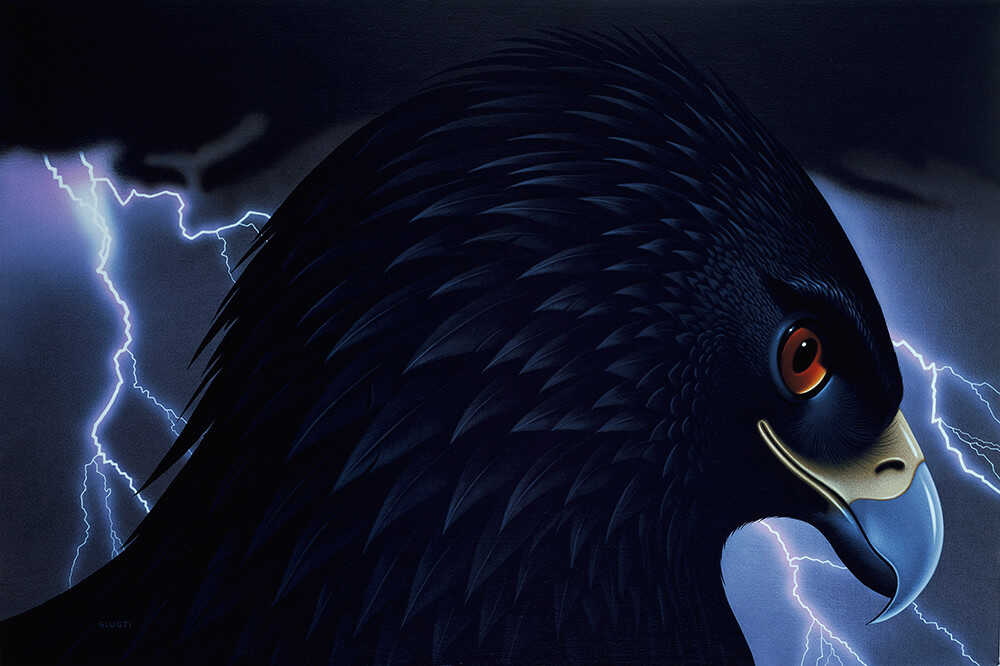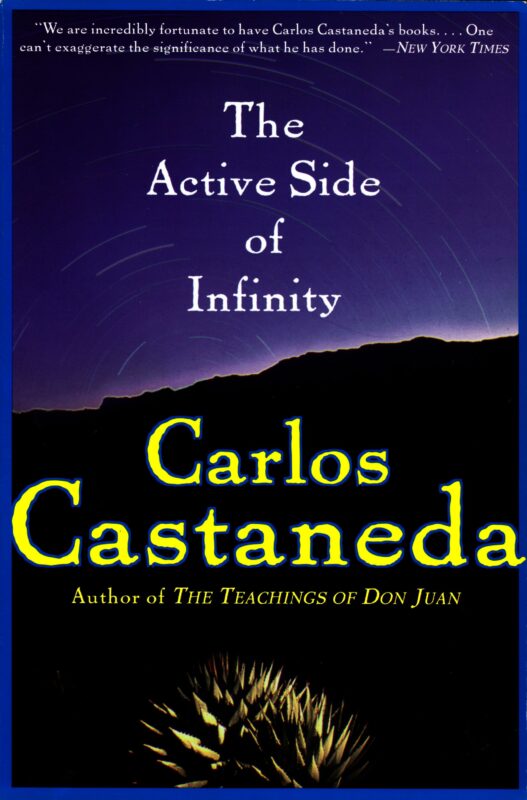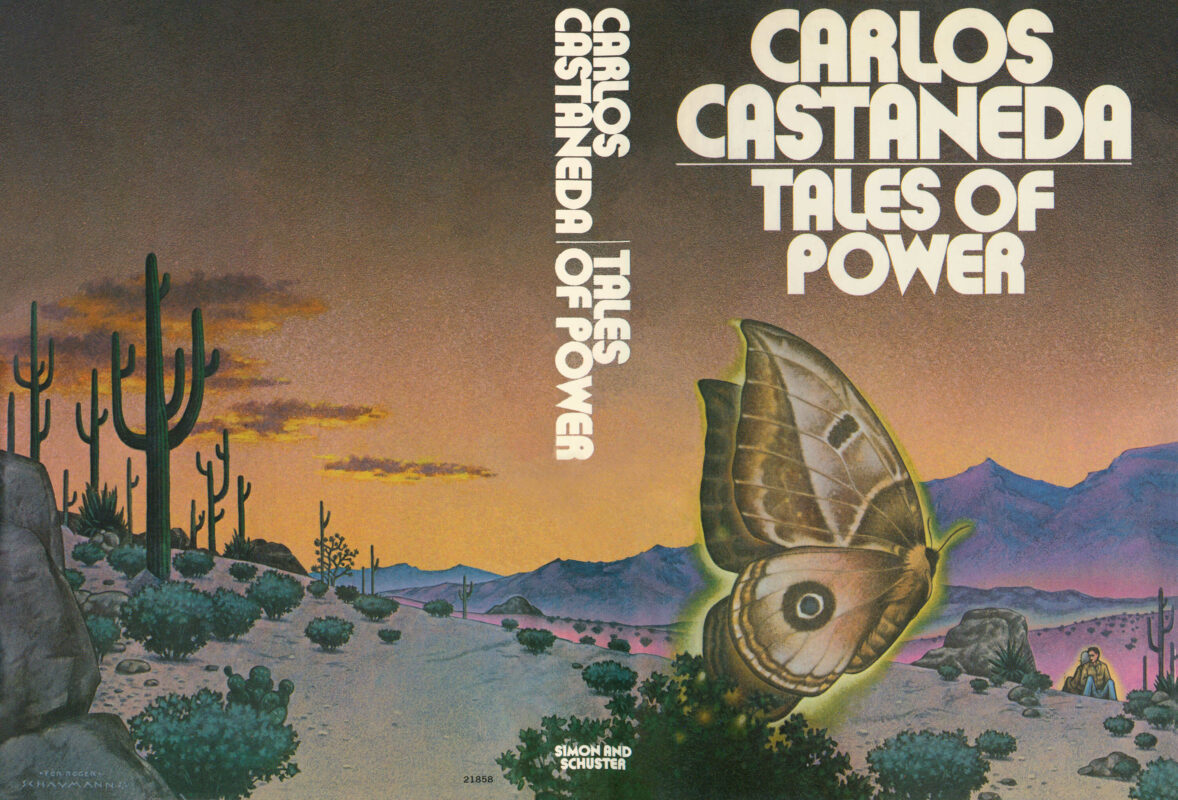The Eagle’s Gift – The Art of Dreaming – Losing The Human Form
In this chapter, Castaneda undergoes a harrowing physical ordeal which he and la Gorda identify as the final “loss of the human form,” resulting in a profound state of warrior’s detachment that erases his past resentments. This new state of being acts as a catalyst, unlocking a critical, completely forgotten memory of the “Nagual woman”—a serene and powerful counterpart to Don Juan who was, in fact, Castaneda’s partner. The shocking revelation that they could have forgotten such a pivotal figure plunges both him and la Gorda into a cycle of shared grief, rage, and fear as they begin to grapple with the true, terrifying extent of Don Juan’s manipulations on their memories and their very beings.
The Eagle’s Gift – The Art of Dreaming – Losing The Human Form Read More »


